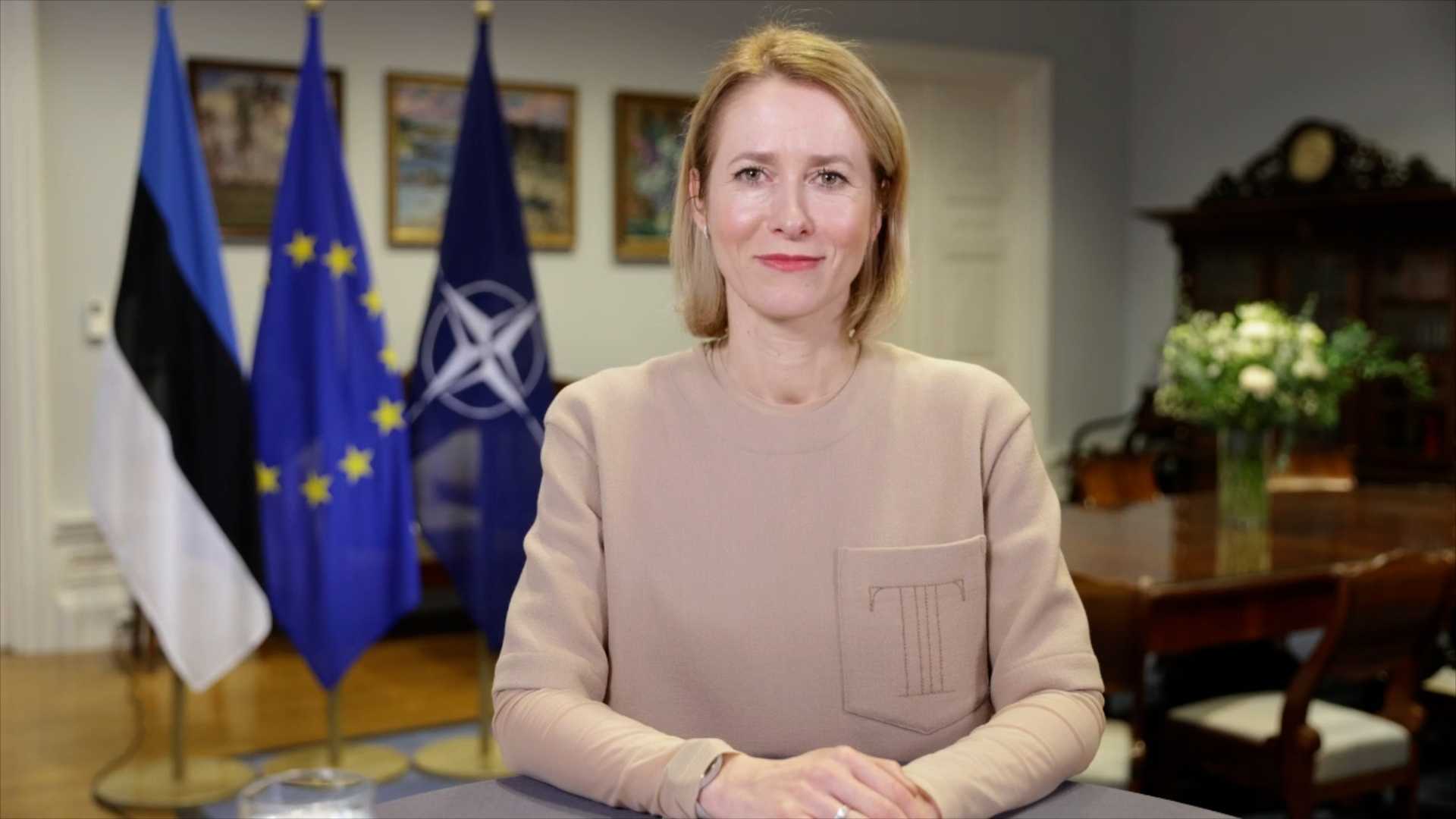Estonia's ruling Reform Party introduces legislation to ban non-citizens from voting

Estonia's ruling Reform Party introduced legislation to strip the voting rights of non-citizens, the vast majority of whom are ethnic Russians, the Estonian media outlet ERR reported on April 1. The proposal would only impact local elections.
Tensions between Moscow and Tallinn have significantly sharpened since the beginning of Russia's full-scale war in Ukraine.
Estonia has been one of the leading military donors to Ukraine in terms of share of GDP since the beginning of the all-out war in 2022. Prime Minister Kaja Kallas, a member of the Reform Party, and other Estonian politicians have also been particularly outspoken about the threat that Russia poses to Europe.
Around one-third of Estonia's population consists of ethnic Russians. Around 83,000 are Russian citizens, and according to various estimates, some 80,000 are stateless and have no citizenship. The bulk of non-citizens are also ethnic Russians.
Previous bills have been floated by the Estonian government, which has said the reasoning derives from a concern that the ability of Russian citizens to vote could be a national security threat.
There is frustration among some Estonian politicians that the government has still not dealt with the issue.
"This is a matter of security, and Tallinn simply throwing its hands up and refusing to address it is comical," said lawmaker Riina Solman.
"Estonian language and pro-Estonian sentiment are a priority for us, which we will use to remove Russian influence from Tallinn city management," Solman added.














